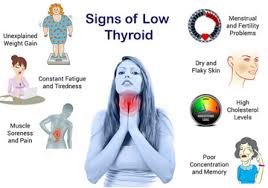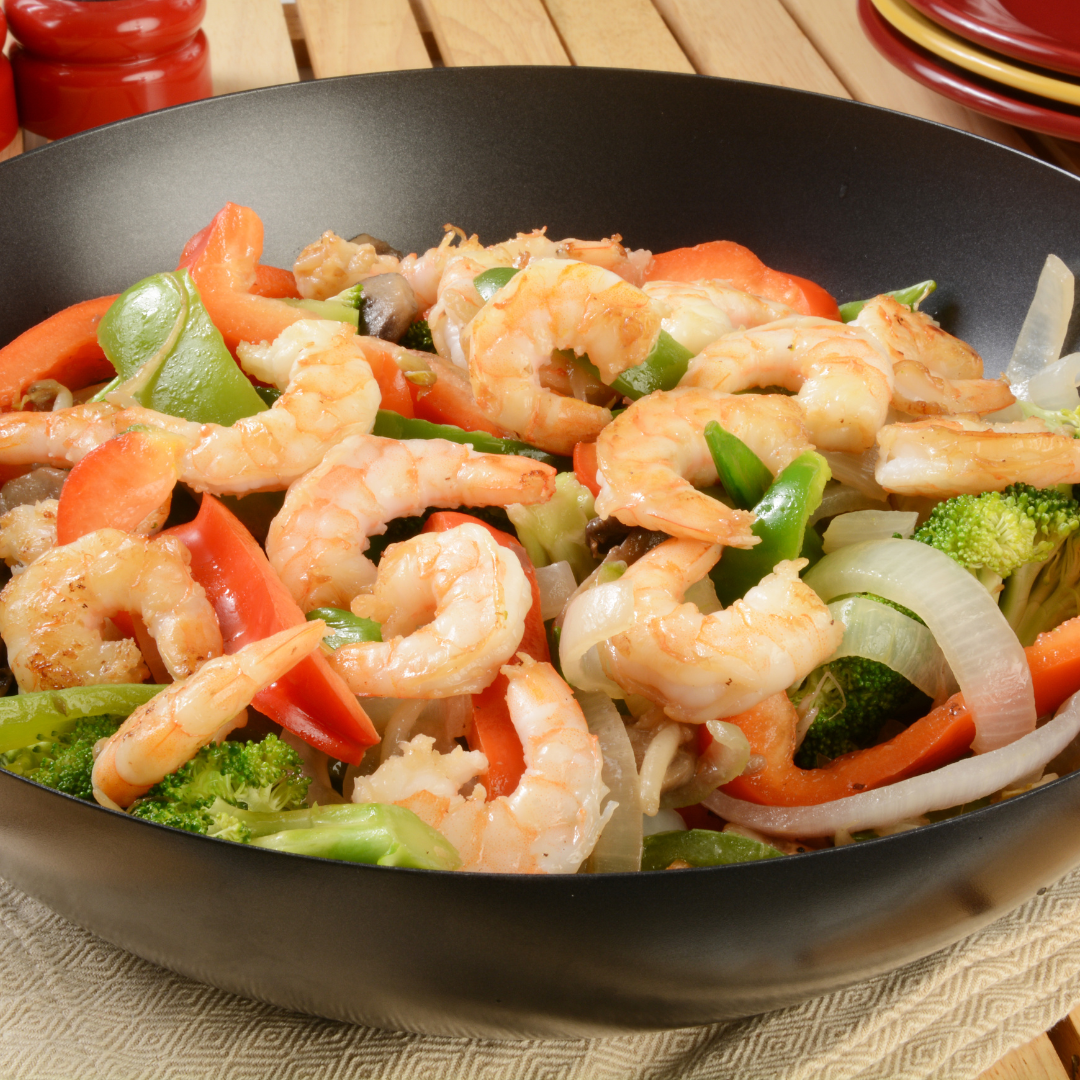Diet for Underactive Thyroid
Hey there! Did you know that your body has a butterfly-shaped gland in your neck called the thyroid? This little gland releases hormones that help regulate the metabolism of ALL cells in your body. So, it's a big deal for maintaining a healthy body weight and having the energy to live your life to the fullest. Are you looking for the best diet for underactive thyroid?
Unfortunately, at least 3.7% of US adults have an underactive thyroid, which means they don't have enough thyroid hormone. This can slow down your metabolism and make it difficult to lose weight, and even cause weight gain. It can also cause symptoms like fatigue, forgetfulness, dry hair and skin, constipation, muscle cramping, and feeling cold.
The good news is that an underactive thyroid can be diagnosed with a simple blood test by your health professional. So, if you're experiencing any of these symptoms, don't hesitate to talk to your healthcare provider. Take care of yourself, you deserve it!
How does the
thyroid become underactive?

There are several reasons why your thyroid might become underactive, but the most common cause is autoimmunity. This happens when the immune cells in your body attack other cells, including those in your thyroid gland.
Another possible cause is low levels of iodine, which is a vital mineral for thyroid health. When combined with high levels of goitrogens, substances in some foods that inhibit iodine from getting into the thyroid, it can increase the risk of iodine deficiency.
A helpful tip to keep in mind is that iodine deficiency is not very common in developed countries, so taking supplements may not be necessary and could even worsen certain thyroid issues. It's always a good idea to check with your healthcare professional before taking supplements and researching the best diet for underactive thyroid and make sure to always read the labels. Stay informed and take care of your health!

Foods and
nutrients for your diet for underactive thyroid
It's important to get enough iodine from your diet, and you can find it naturally in foods like fish, seafood, navy beans, potatoes, and eggs. Sometimes the amount of iodine in food depends on the iodine content of the soil, and some foods are fortified with iodine.
During pregnancy and breastfeeding, it's especially important to pay attention to your iodine intake as requirements can increase by up to 60%.
Selenium is another essential mineral that some people recommend for thyroid health. However, a recent review of several clinical studies showed that there's not enough evidence to recommend selenium supplements for people with certain thyroid conditions. Instead, focus on getting enough selenium from food sources like Brazil nuts, mushrooms, meat, and fish.
Goitrogens are substances found in certain foods that can inhibit iodine absorption by your thyroid. They're found in cruciferous vegetables like Brussels sprouts, broccoli, cauliflower, cabbage, and kale. However, they can be deactivated by cooking these foods. Because these veggies are nutritious, you may choose to cook them instead of eliminating them altogether.
Protein can help with weight management and support thyroid health. Eating more protein can increase your metabolism because your body has to spend more energy digesting it than it does with carbohydrates.
If you're experiencing thyroid issues, consider going gluten-free. There's evidence of a link between underactive thyroid and gluten sensitivity, which can trigger autoimmunity. You may also want to get tested for celiac disease if you have thyroid issues.
Finally, lifestyle factors like regular exercise, quality sleep, and stress reduction can all help with weight management and overall thyroid health. Take care of yourself and prioritize healthy habits for optimal well-being!
Interested in learning the gluten-free basics? Grab my free guide and you'll be well on your way!

In conclusion...
If you have
concerns about your thyroid, then ask to be tested. That along with testing for
celiac disease can help to confirm your best plan to move forward in good
health.
Foods to support your thyroid include iodine- and selenium-containing foods, cooked cruciferous foods, and gluten-free foods. Don't forget to eat enough protein to help boost your metabolism. Also, consider reducing the amount of raw cruciferous foods you eat.
Supplementing with iodine or selenium should be done with a health professional’s advice.
And regular exercise, quality sleep, and stress-reduction are all part of the holistic approach to supporting your thyroid.
Do you or someone you know have concerns about your thyroid? What diet and lifestyle factors have you gotten the most benefit from?

Recipe
(thyroid-supporting): Shrimp and Veggie Stir-Fry
Serves 4
2 tbsp extra virgin olive oil
1 lb fresh Brussels
sprouts, halved
2 cups mushrooms, sliced
1/4 tsp salt
½ pound shrimp, fresh or defrosted
Sauce:1 tsp honey 2 tbsp coconut aminos or tamari (gluten-free soy sauce alternative) 2 cloves garlic, minced, 2 dashes cayenne pepper, optional
Instructions
Heat wok or large skillet with oil.
2 Add Brussels sprouts and fry until they're golden (4-5 minutes).
In a bowl, make the sauce by combining the honey, aminos/tamari, garlic, and cayenne, if using.
Add mushrooms and salt and fry for 1-2 minutes.
5Add shrimp and fry until they're cooked and turn pink.
Add sauce to skillet. Toss and cook until heated through.
Serve & enjoy!
Tip: Serve on a bed of cooked rice or quinoa.
References:
http://www.precisionnutrition.com/all-about-thyroid










